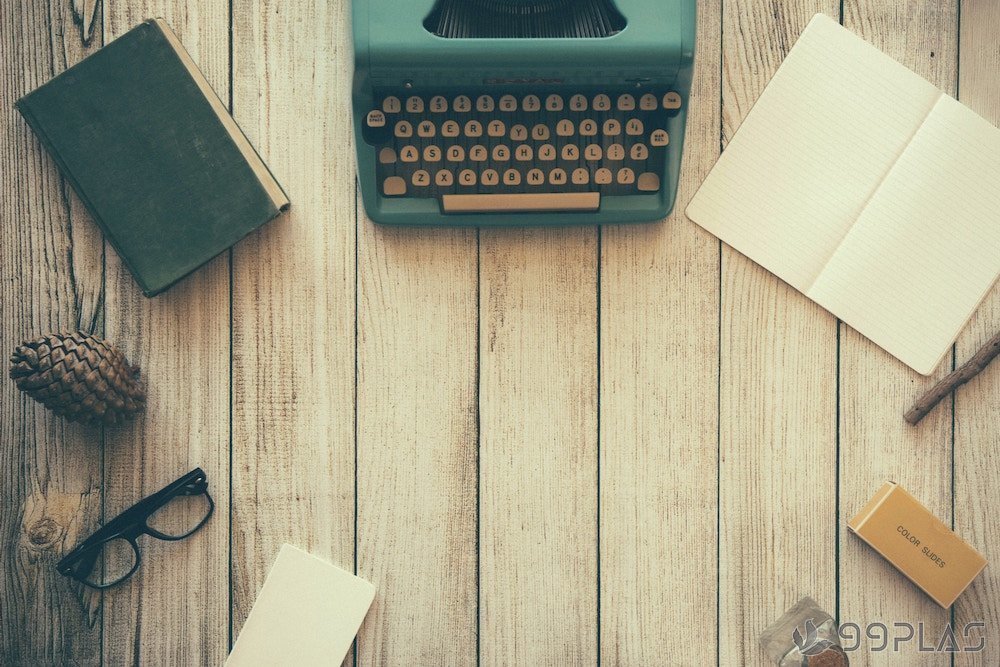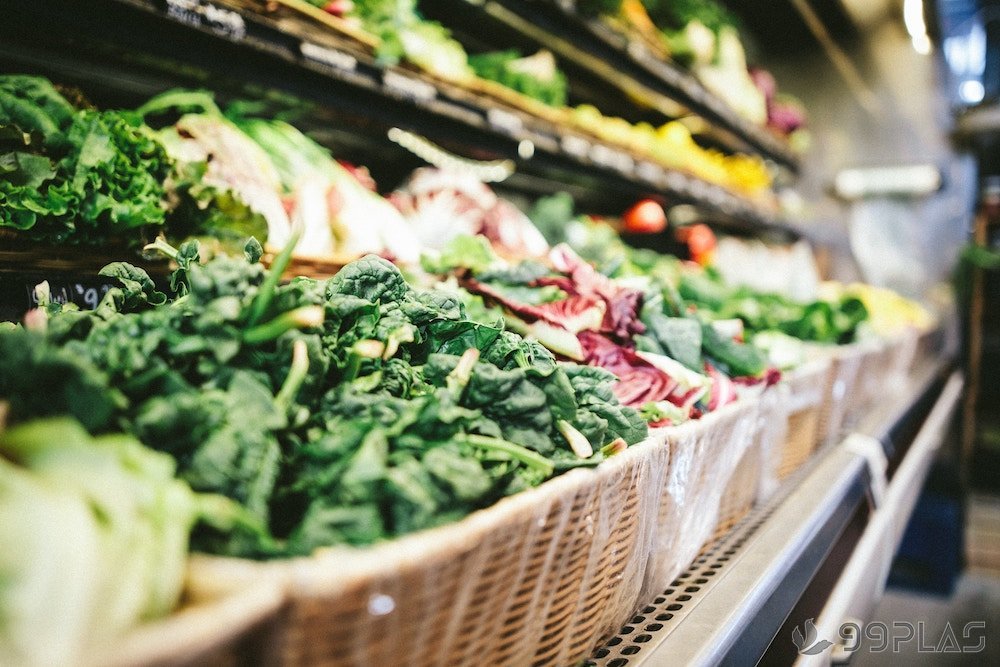I don’t think there is anything special about the lifestyle I am trying to lead. But when I spoke to my colleagues at 99P Recycling Ltd they seem surprised by my actions.
I strive for a zero-waste lifestyle.
At the moment, I’m far from perfect (I’m writing this as I eat my crisps from a plastic wrapper). But hopefully, one day, not only will I achieve my goal of not generating waste, but I won’t be alone in my efforts.
So, what actually is a zero-waste lifestyle?
According to Going Zero Waste blog, a zero-waste lifestyle is about aiming to send nothing to landfill. It is about reducing what you need, reusing as much as you can and sending little to be recycled. But more than that, it’s about redesigning the system and moving from a linear economy to a circular economy. This extends through every aspect of your life: from the food you eat, to your personal hygiene and even to the gifts you give.
Some of the biggest zero waste influences include Kathryn Kellogg who runs Going Zero Waste, Charlotte and Anna from Zero Waste Life and Lauren Singer from Trash is for Tossers. Their efforts are inspiring, and they have a never-ending list of suggestions, and recommendations for new products, as well as relatable stories of mistakes and achievements along their journeys.

Why you should give it a go
There are some remarkable advantages of living zero-waste. These include:
Conserving resources and minimizing pollution
By using reusable items there is no need to keep manufacturing disposable ones. This reduces the amount of pollution, and ultimately conserves resources. Furthermore, a shift towards repairing items also reduces the amount of new items required. Only buy what you need, and live within your means.
Save money
Over time, you save money on individuals items that you would have otherwise purchased time and time again, and the planning ahead aspect of the lifestyle means you don’t buy items you don’t need. Furthermore, buying second hand items is cheaper than buying them new.
Feel good
It is a good feeling to make a difference on an individual scale, and make a contribution to a circular economy. Furthermore, you inspire others with your actions, and encourage them to make small changes to their lifestyle.
However, a zero-waste lifestyle isn’t easy, and it can have its disadvantages:
Cost
The upfront cost of items can be a lot higher to begin with, but if you space out the purchases of your zero waste alternatives it makes it easier, and less daunting. And, in the long run you actually save money.
Limited Choice
At the moment, there is limited choice of unpackaged products, and this means going without our favourite staples (crisps, chocolate etc – which coincidently I haven’t managed to give up yet!). Local markets and zero waste shops are a great place to pick up fresh vegetables, bread and meat items. Recently, supermarkets are also cottoning on the changing consumer behaviour and adjusting their stock. For instance, Tesco are trailing the sale of plastic free fruit and vegetables. But, as for the other products, I believe it is only a matter of time before there are more options available.

Fewer zero waste shops
Zero waste shops are fewer and further away, but this encourages you to plan your meals and items you need in advance to ensure you don’t run out of anything.
Time consuming
It can be time consuming to prepare food from scratch, but it soon becomes second nature and the meals you prepare in advance are often healthier than the processed foods packaged in plastics.
Why do I write this for a plastic recycling company?
The economy is transitioning from a linear model to a circular one, and the government is consulting on ideas to aid this shift. Everybody plays a part – both individually and as part of a larger organisation. Therefore, as a technology company, what can we do to help this transition? Our new platform enables buyers and sellers of plastic to interact and find the material they need, at a price that suits them – thus reducing the need to manufacture new plastics. Innovation in product design will play a large part in encouraging the move away from virgin plastics, and to that of recycled. As the market of recycled plastic grows in line with the transitioning economy, we intend to be there aiding the ease of trade. Additionally, I hope that the zero-waste movement becomes more accepting of recycling, and the benefits of recycling in the circular economy are explored further with time.
Achieving zero waste isn’t an overnight accomplishment.
I’ve only been at 99P Recycling Ltd for a short while, but already I’m encouraging changes in the workplace. We have replaced the individual water bottles we used to buy with a water dispenser, and I remind my colleague to take a bag for life to the supermarket rather than constantly buying a new one.
With the likes of Greta Thunberg and Extinction Rebellion hounding the government to make changes, this is something that everyone can do to take small steps towards a better environment.
In my subsequent articles I will be documenting some of the changes you can make to your everyday lives.
Recent Posts
Thank you letters
99PRecycling & 99Plas is delighted to share their experience of donating the ‘Type IIR facemask’ in times of difficulty. We have had a great [...]
How to Register at 99Plas? Step-by Step Video Guide
Step 01: Visit our website 99Plas.com and Click Join Free Step 02: Fill the form with the information required to register, with Your Name, Company [...]
BUILD Recycling and Waste award won by 99PLAS
Appreciating the efforts of 99Plas, and the contribution towards the circular economy of plastics in the UK. 99Plas has been awarded the 'Best Plastics Recycling [...]
99PRecycling Donating PPE
Every day we speak to people and it is about PPE and facial mask becoming such important for all of us and donating to such [...]
99Plas Team Work From Home
While I am posting this blog, a lot of people are working from home, staying home, and helping to less-spread the outbreak of Covid-19. [...]




